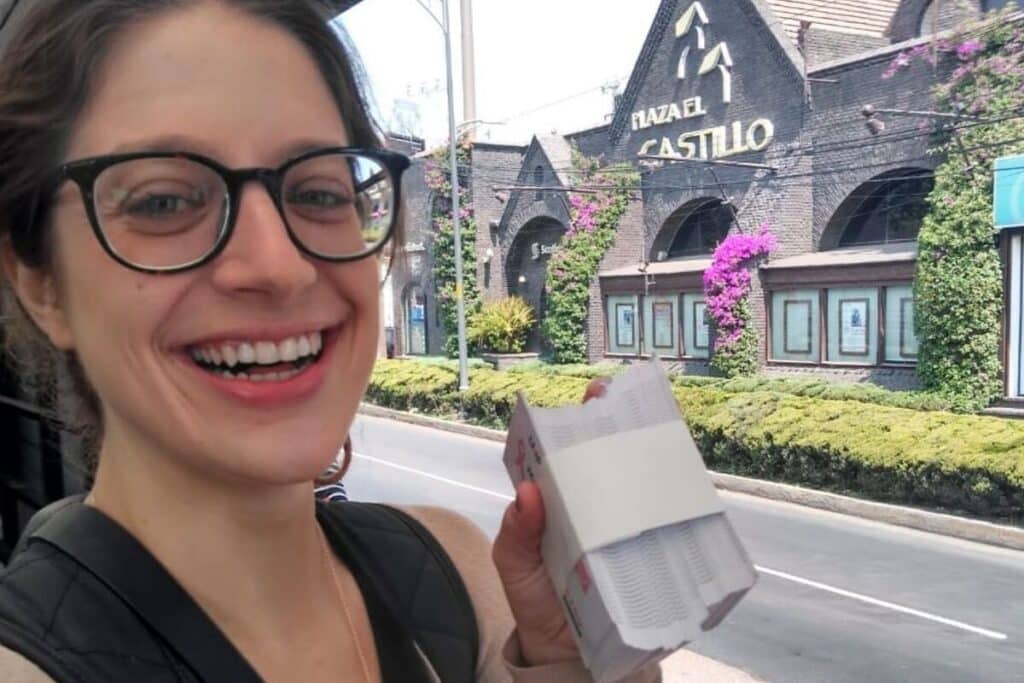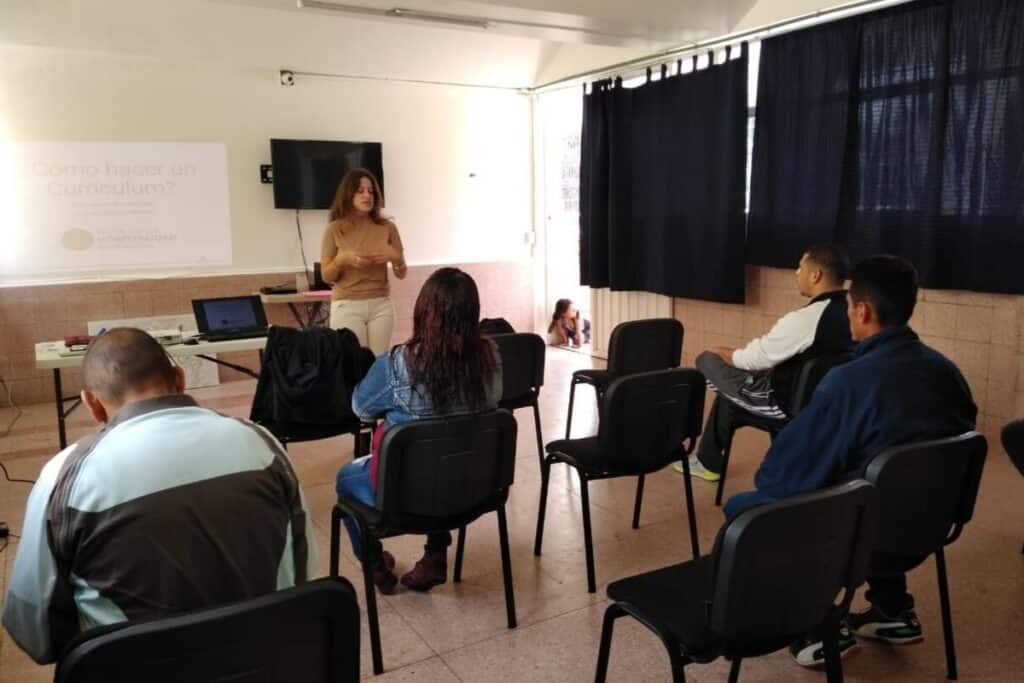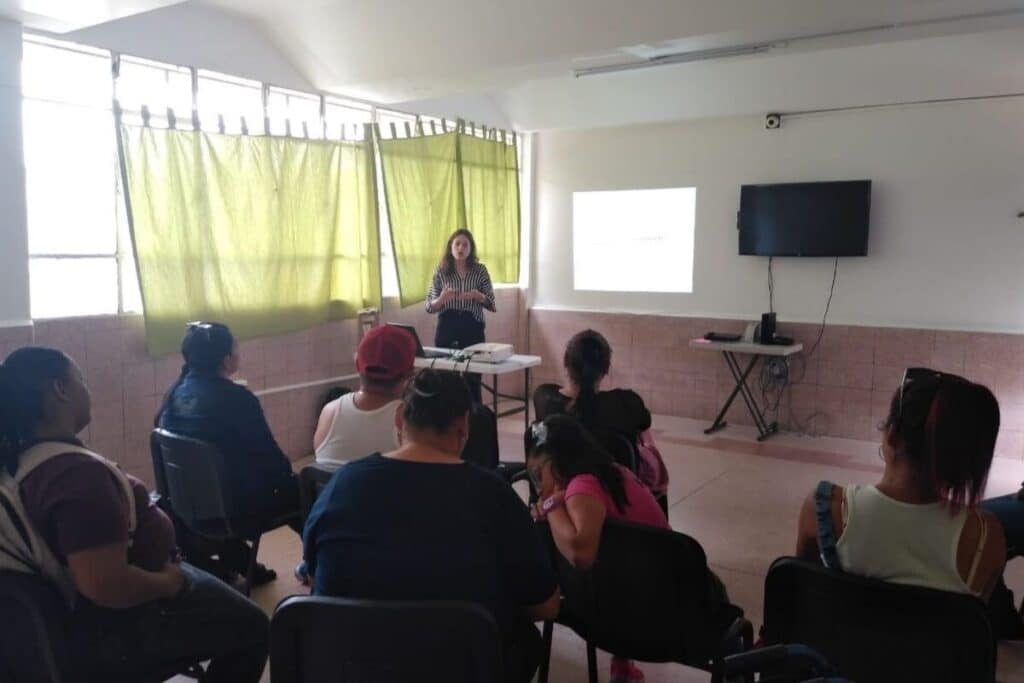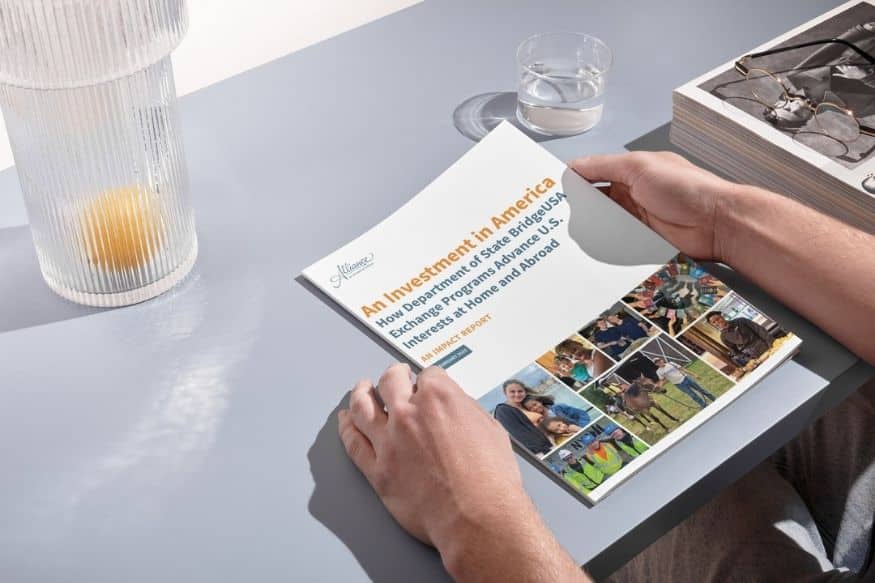During my six-month volunteer project with Asylum Access Mexico, an NGO dedicated to refugee rights, I focused on a project called “The Hospitality Route,” which is essentially a community outreach initiative that aims to integrate refugees by helping them access their rights to education, health, and — most significantly — employment. However, I find that the term “community outreach” can often mean various things depending on the needs of the population of interest.
In the context of my project, I tried to form partnerships with organizations and businesses in Mexico City and connect them to refugees to offer services or employment. First, we created an “influence map” and “outreach list” to identify which civil society organizations, companies, and social services could be of the most advantage to us in terms of an alliance.
We then contacted potential partners and set up multiple meetings each week. I had the chance to meet with LGBT and trans advocacy organizations, a medical hospital and breast cancer lab that offered discounted exams and consultations, an anti-human trafficking organization, children’s shelters, other refugee shelters, an adult school, and with large electrical businesses with vacancies to hire refugees. We teamed up with these organizations to share resources, create action plans, host awareness events, and develop strategies for refugees to access medical care, classes, and jobs.

Image courtesy of Nikki Stoumen
The most memorable awareness event was the discussion we put on with a trans advocacy organization called Jauría Trans for World Refugee Day. Jauría Trans’ office is housed inside a place called Central Cultural Border, which is a hub for cultural advocacy organizations. They invited a trans activist, consultant, and writer named Alexandra R DeRuiz and a lawyer from our office at Asylum Access Mexico to discuss the legal and social challenges trans migrants and refugees face in Mexico. Members of other migrant organizations, as well as many students studying human rights and gender and sexuality, attended.
We had a roundtable dialogue, as opposed to a presentation, which invited a certain intimacy that allowed for deeper discussion of the unique set of challenges trans refugees face and the work we still have left to do. The event was informative and inspiring, and we left with many more connections in the field.

Image courtesy of Nikki Stoumen
One of the events I’m most proud of was my chance to run two workshops at a migrant shelter. On two different occasions, I led a presentation to a group of 10 refugees at Medicos Sin Fronteras (the NGO Doctors Without Borders) on job readiness. We discussed how to write your own CV and how to reshape and rethink past jobs. Many attendees hadn’t had formal positions before, so we discussed how the skills they learned and the roles they played in previous jobs were valuable and transferable.

Image courtesy of Nikki Stoumen
Together, we drafted CVs for each participant and brainstormed potential options. After the workshops, I took the drafts home, typed them into a presentable document and forwarded them to the hiring managers we were collaborating with to set up interviews. The opportunity to work one-on-one with refugees looking to establish themselves in their new country felt impactful because we were able to give each person individualized attention and guidance. While it was small scale, I feel that even if just one person comes out of that experience employed, fulfilled and confident, then we have made a difference.




